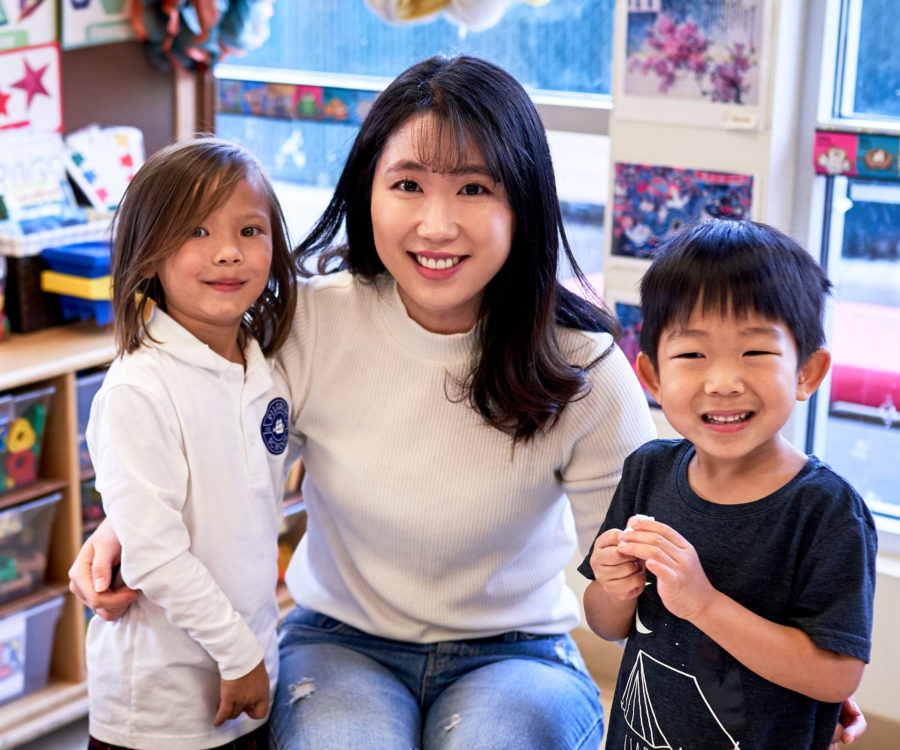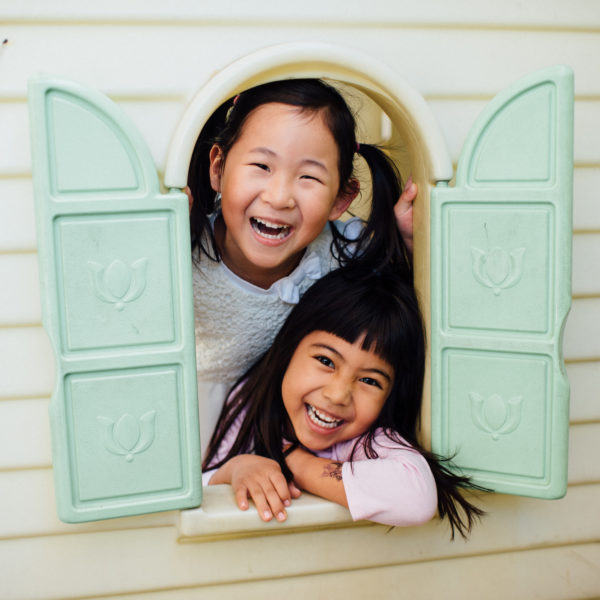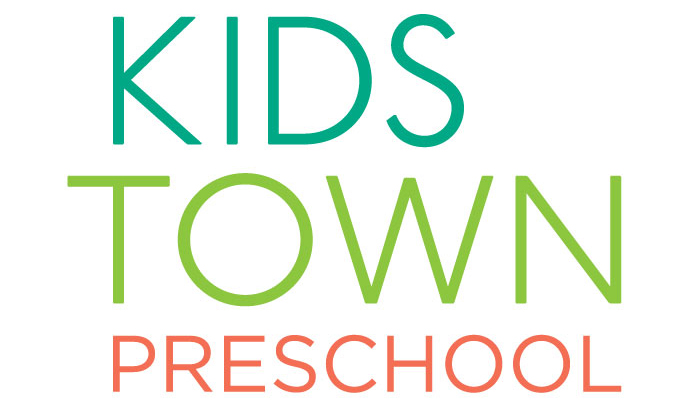Kindergarten


Kindergarten is a time for children to build positive lifelong feelings about school and education—a year to learn how to love learning. Kindergarteners will make new friends and grow a relationship with their teacher—all social skills that build independence and self-confidence. In Kindergarten, the academic focus will be on literacy (reading and writing) and math, but there will also be a basic curriculum in science, art and social studies.
Kindergarten Readiness
Not sure if your child is ready for Kindergarten? Kindergarteners are expected to have well-developed preschool skills and be ready academically, physically and socially for the big change. Here is a checklist of some Kindergarten expectations to give you an idea of where your child is doing well, and other areas where they might need more attention. If you have any concerns about your child’s readiness for Kindergarten, make sure you discuss it with their preschool teacher, your future principal and Kindergarten teacher. Don’t feel like you are burdening them; it is their job to determine whether or not your child is prepared for the Kindergarten classroom. Listen to your instincts—if you feel your child is or is not ready. Talk to others, but go with what you feel is best for your child.
FINE MOTOR SKILLS
• Can put together a 10-12 piece puzzle
• Can hold scissors correctly
• Can hold a pencil or crayon properly
• Can button a shirt
GROSS MOTOR SKILLS
• Can run, jump and skip
• Can walk backwards
• Can walk up and down stairs
• Can ride a bike with training wheels
SOCIAL SKILLS
• Uses words instead of hitting, biting, kicking when angry
• Is understood by an adult when speaking
• Plays with other children
• Shares and waits their turn
• Can follow simple directions (“Go to your cubby. Hang up your jacket. Put your lunch box away.”
• Can express feelings and needs (“I’m sad because…” “I’m hungry.”)
• Is potty trained
• Shares and waits their turn
• Can talk in sentences of 5-6 words (“I want to go outside.”)
• Asks questions (“Where are we going?” “Why is that man doing that?”)
• Can ask for help (“Can you help me do this?”)
• Enjoys having books read
• Can retell a story about a past event
• Can say “please” and “thank you”
• Can spend time away from parents
ACADEMIC SKILLS
• Can recognize shapes (circle, square, rectangle, triangle)
• Can sort items by size, shape and color
• Can identify six parts of the body
• Can understand concepts, such as up, down, in, behind, over
• Can count from 1-10
• Can sing or say the alphabet
• Can recognize some letters
• Can recognize some letter sounds
• Knows some songs or rhymes
• Can recognize five colors
• Can read or pretend to read
• Knows phone number and address
• Can understand concepts, such as up, down, in, behind or over
• Tries to write name, can recognize their name, knows their full name
• Knows how old they are
• Knows mom and dad’s first names
When to Enroll
Many parents are not sure when to enroll their child in Kindergarten. In the LAUSD, your child must be five years old on or before:
For the 2012–13 school year, the date is November 1
For the 2013–14 school year, the date is October 1
For the 2014–15 school year and each school year thereafter, the date is September 1
If your child has turned five years old in late summer or close to the fall deadline, you might want to go over the Kindergarten Readiness checklist (P.18-19) to see if they are developmentally ready. You may decide to wait another year, if you feel that your child would benefit from extra preschool learning time. If your child is the youngest in Kindergarten, remember they will be the youngest in their grade in middle school, high school and college as well.
Transitional Kindergarten
For children who turn five years old between the below dates, there is also the option of Transitional Kindergarten, a two-year modified Kindergarten program with an age and developmentally appropriate curriculum.
For the 2012–13 school year, November 2 and December 2
For the 2013–14 school year, October 2 and December 2
For the 2014–15 school year and each school year thereafter, September 2
and December 2
For more information on Transitional Kindergarten, please visit:
http://www.cde.ca.gov/ci/gs/em/kinderfaq.asp#E2
Preparing Your Child for Kindergarten
The first day of Kindergarten can be very overwhelming for your child—it is a brand-new situation in a strange place with lots of new faces. Be patient with your child. With your love and support, this feeling will change in no time.
• It might be helpful to take a trip to the new school over the spring or summer before your child starts Kindergarten. Visit your child’s potential new classroom, say hello to the office, and check out the library, gym, cafeteria and outdoor areas.
• After school starts, talk to your child about their new teacher and classmates. You might want to volunteer in the classroom, or on the school campus, so that you are familiar with how your child’s teacher and school operate.
• Most importantly, don’t forget to tell your child how proud you are! Kindergarten is a wonderful, eye-opening experience and your new Kindergartener should feel accomplished and positive in their new endeavor.

